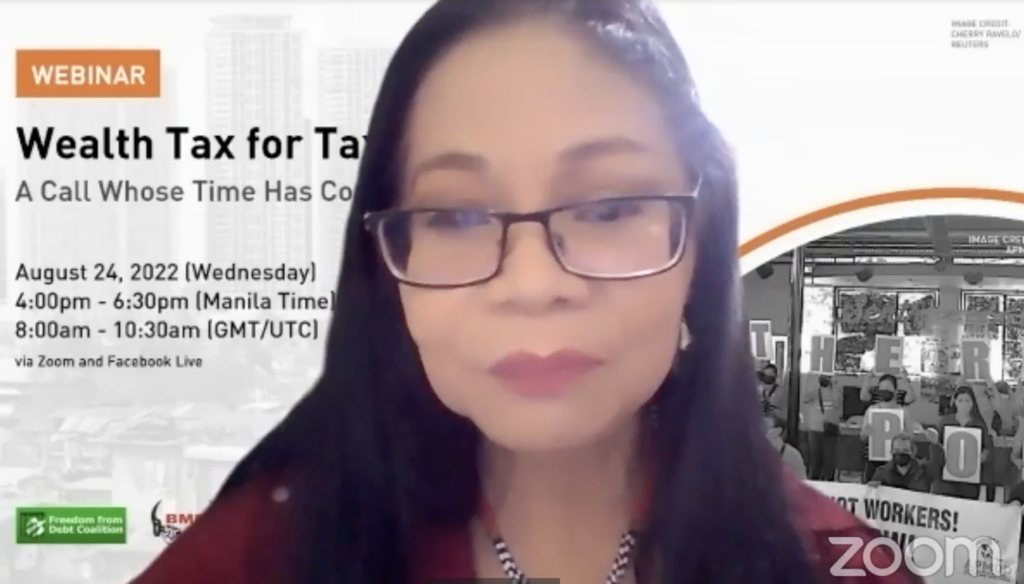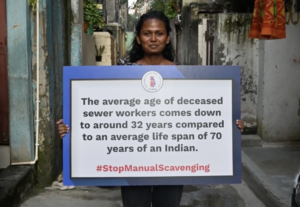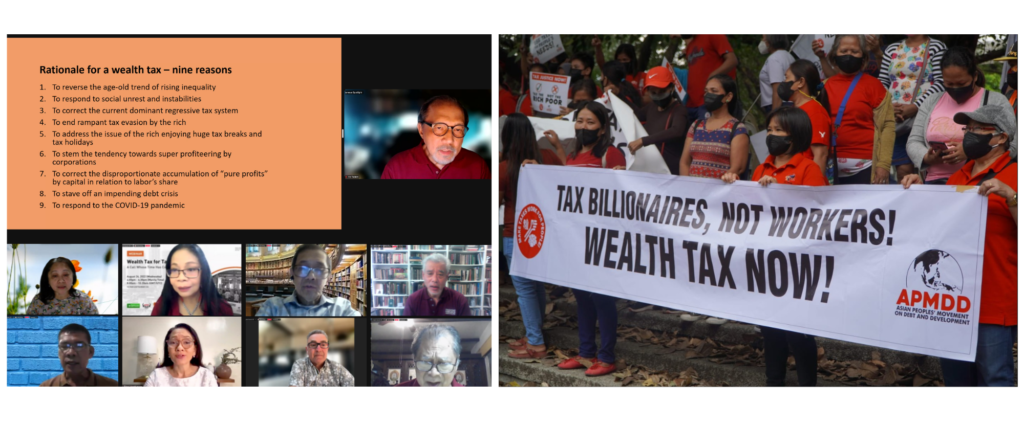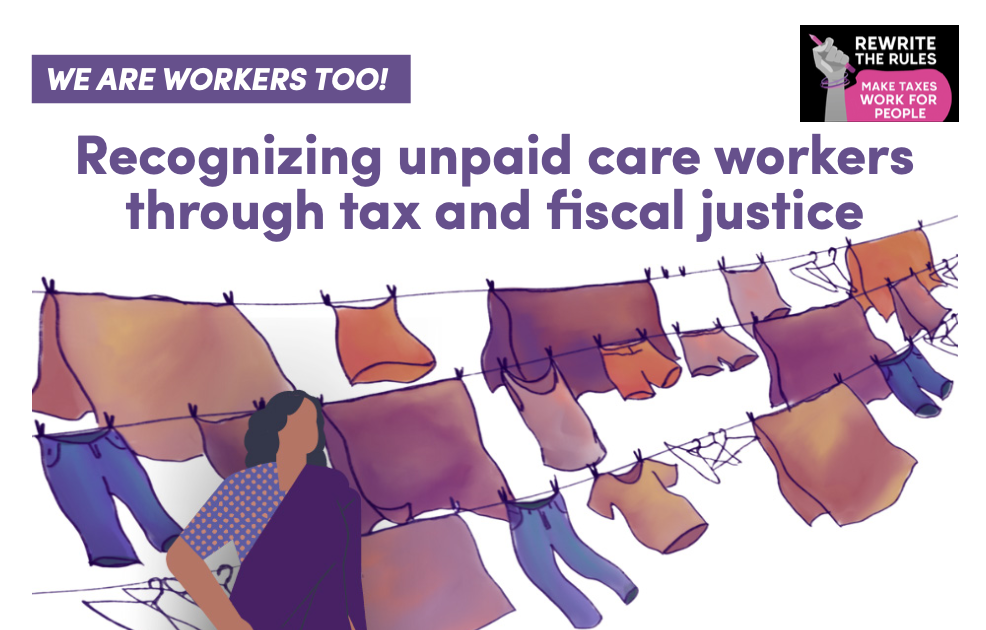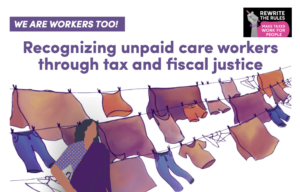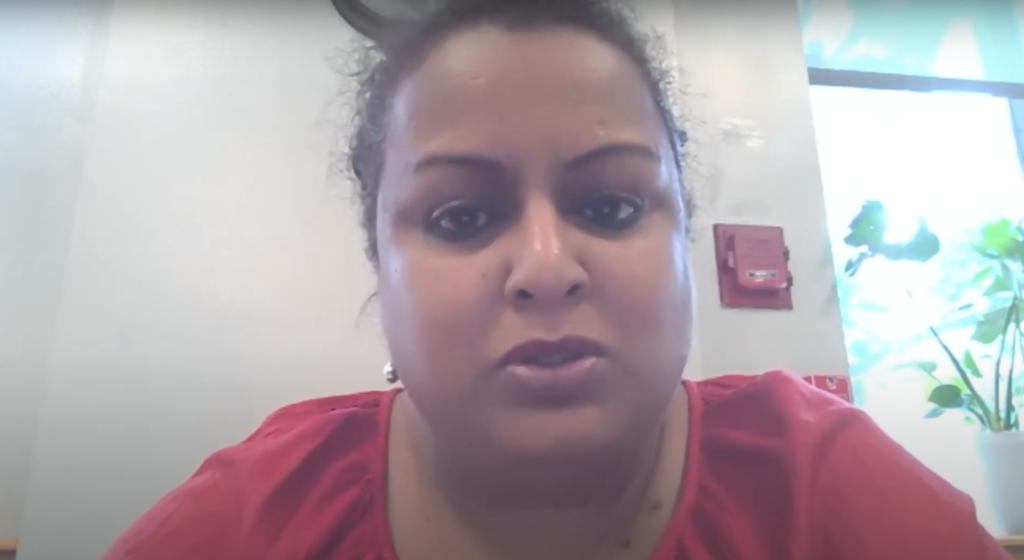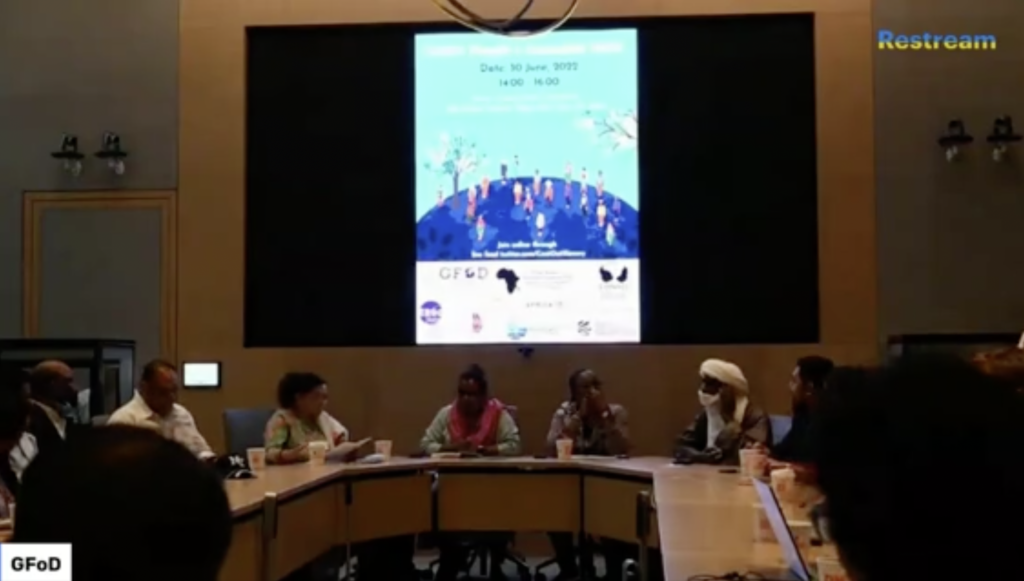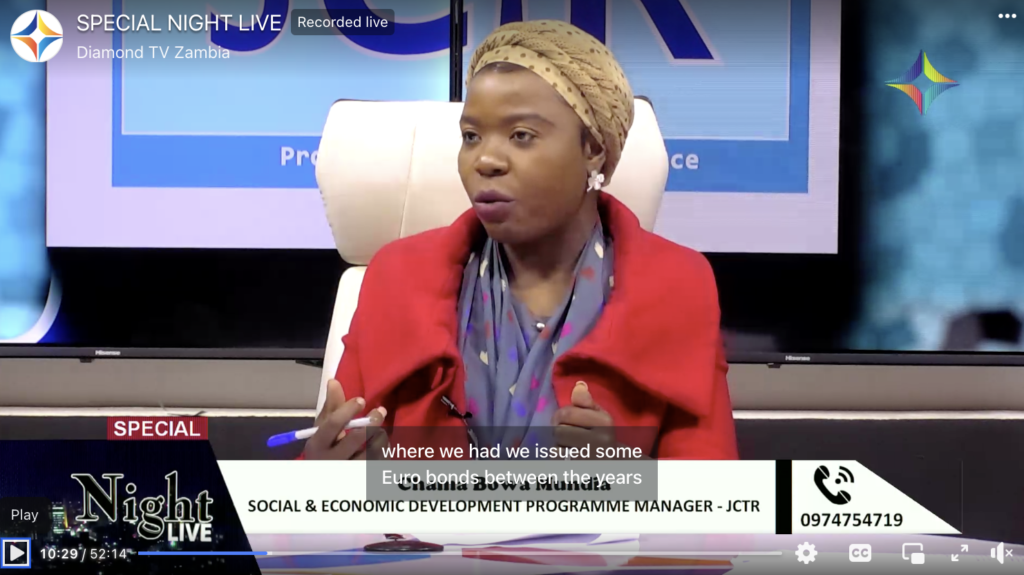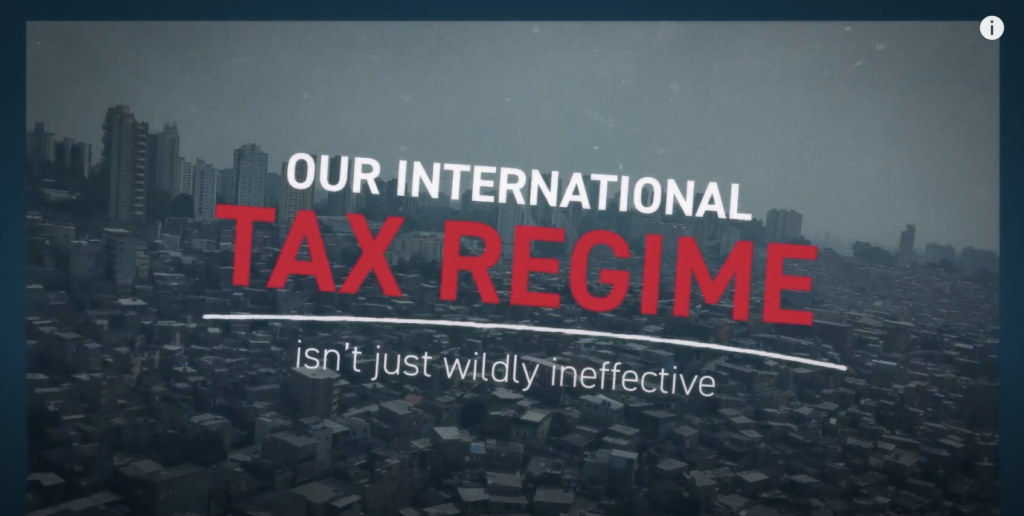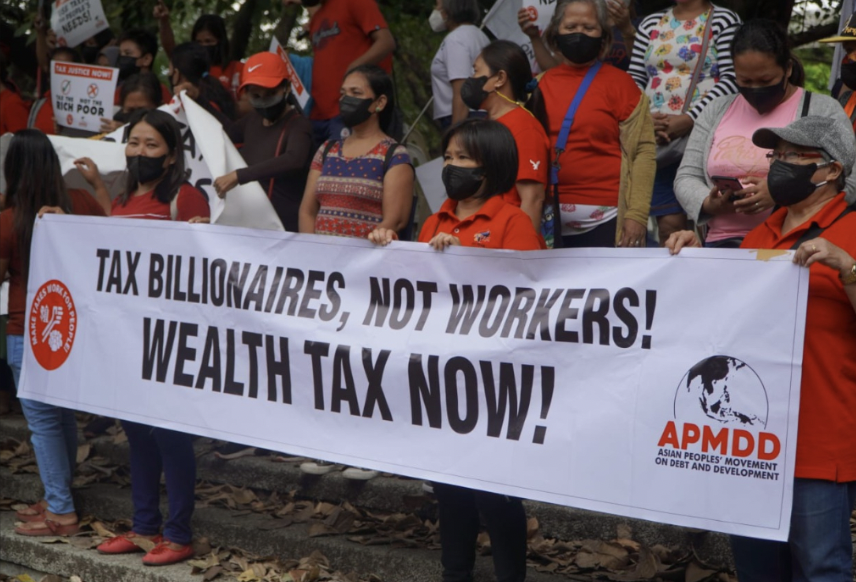
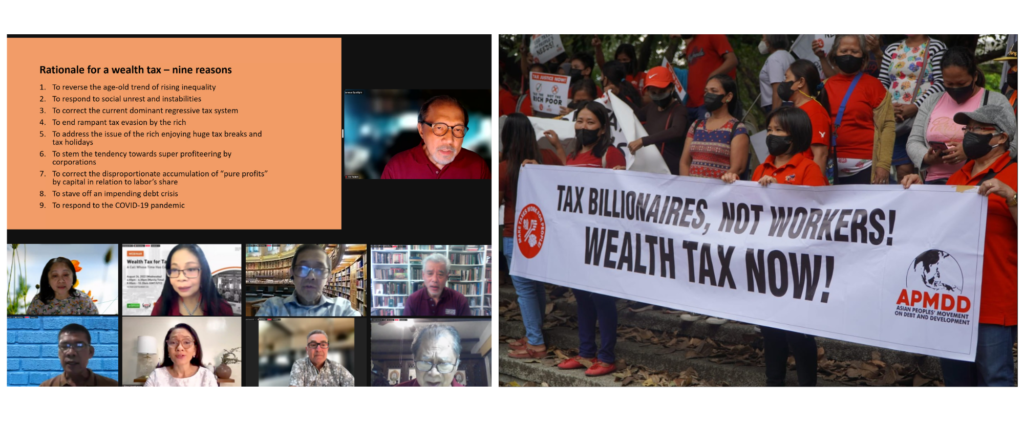
“A wealth tax is a potent tool for equality and justice…. Groups based in the Philippines calling for a wealth tax are advocating for one of the most direct ways to stem inequality by reversing the highly regressive tax system that governments across Asia have long depended on to sustain basic public services. Regressive taxes such as Value-Added Tax (VAT) and excise taxes have long been known to hit those with smaller incomes harder, and have thus helped to widen the gap between poor and rich, women and men, marginalized sectors and influential elites.”
The Asian People’s Movement on Debt and Development held a webinar on 24 August 2022, attended by nearly 300 people to release the findings of the study it commissioned recently on “Inequality, Tax Justice and the Philippine Wealth Tax Campaign”. A press release was issued on the same day, making an appeal for the use of a wealth tax in the Philippines and across Asia. Read more here.

